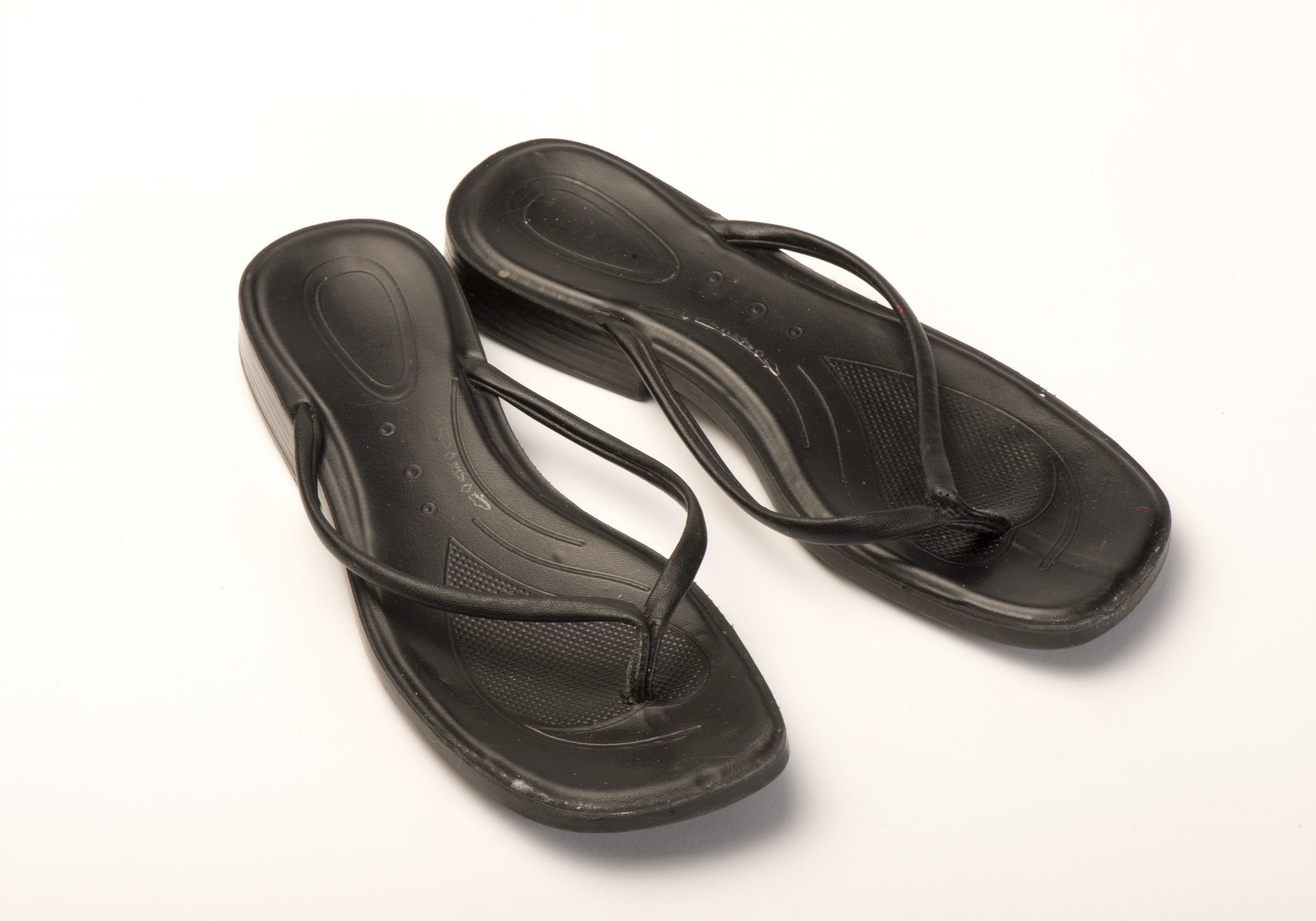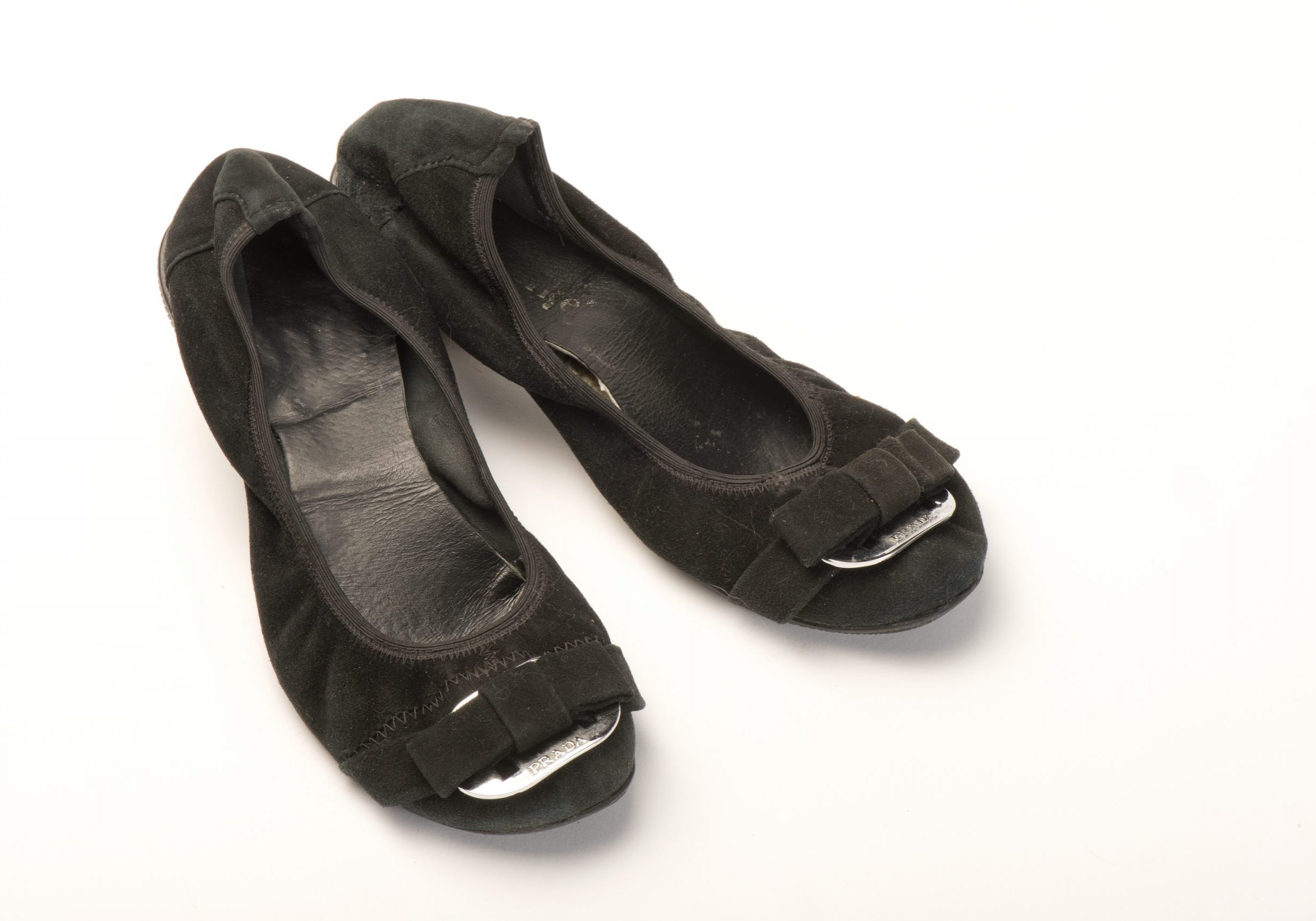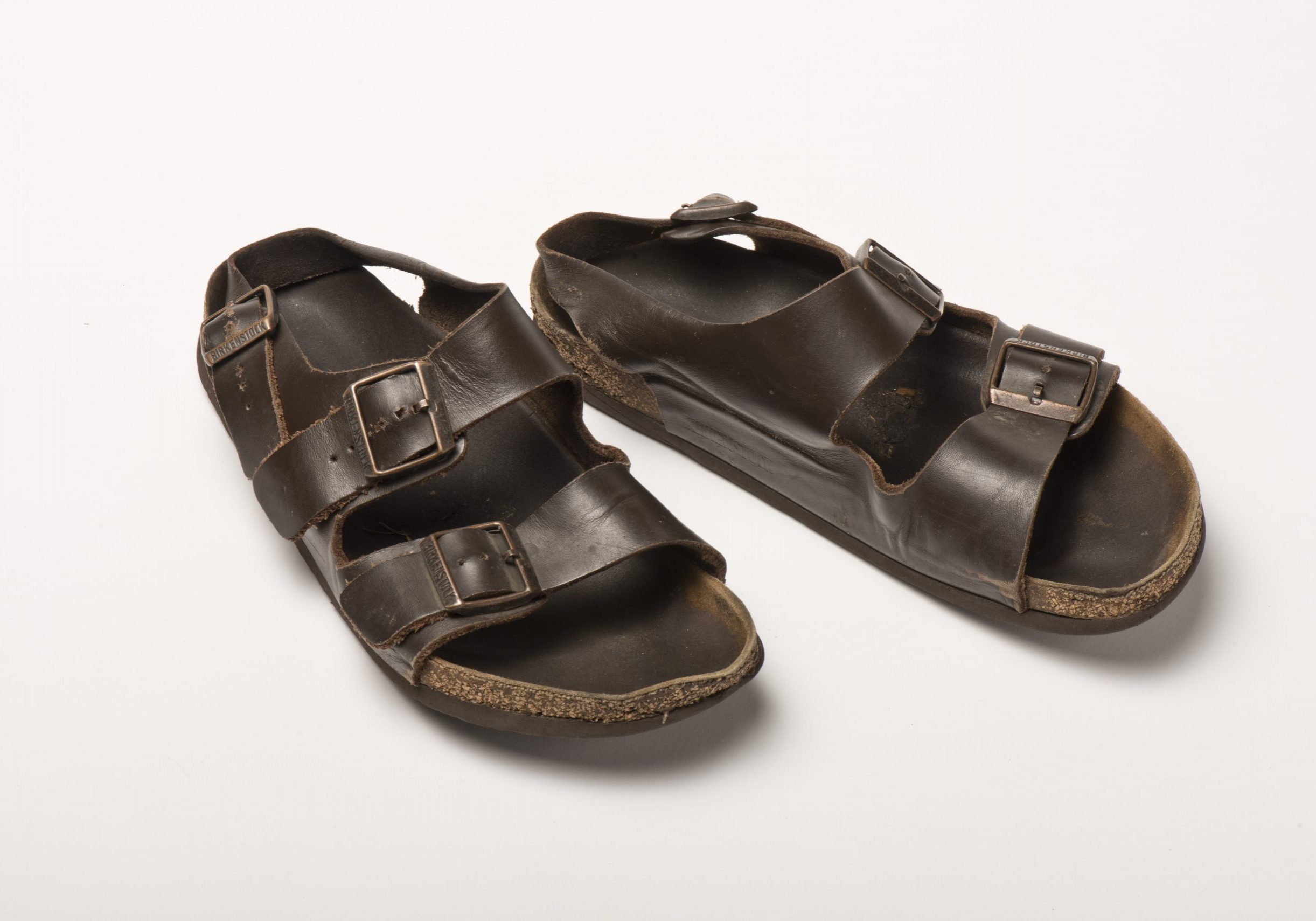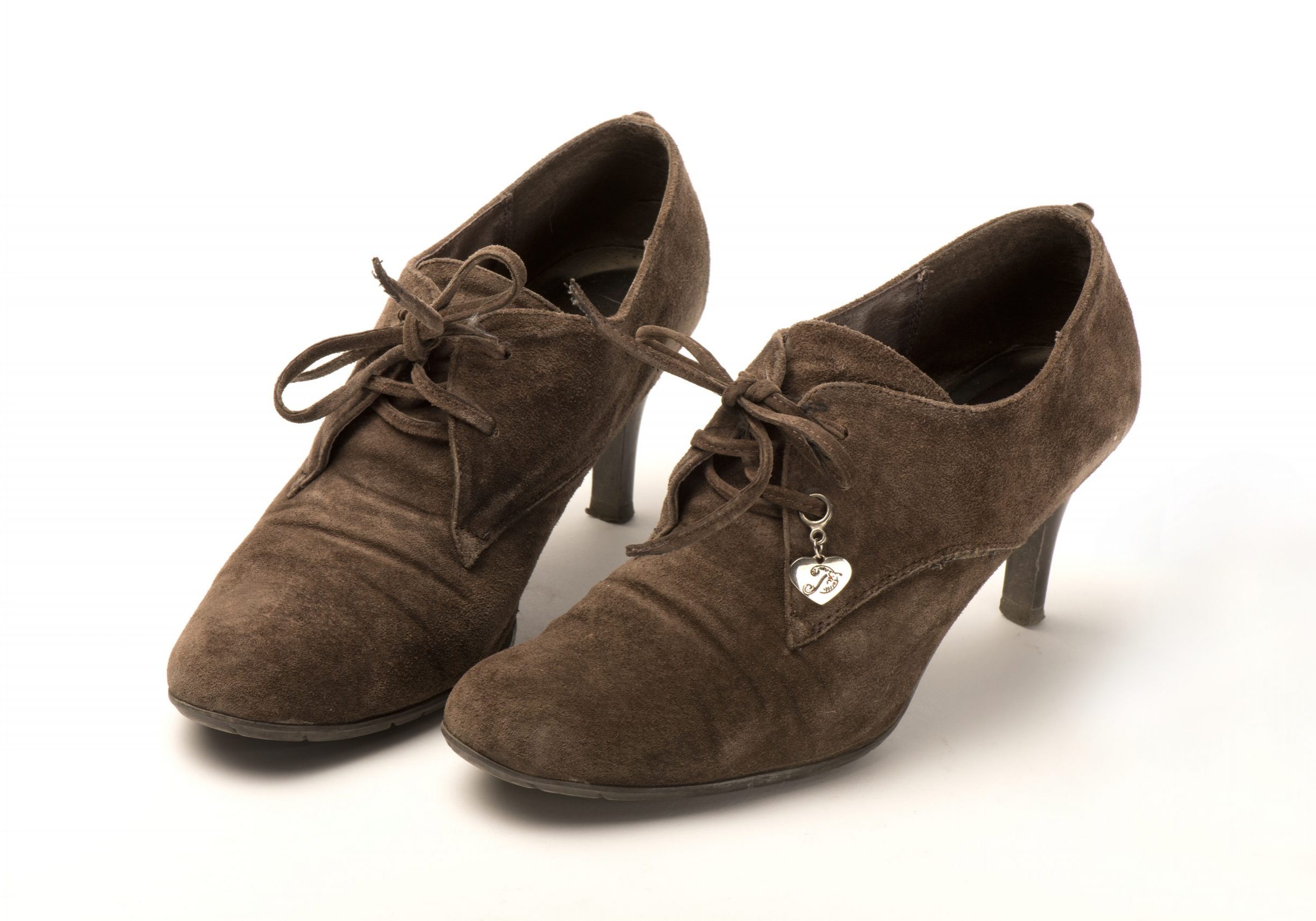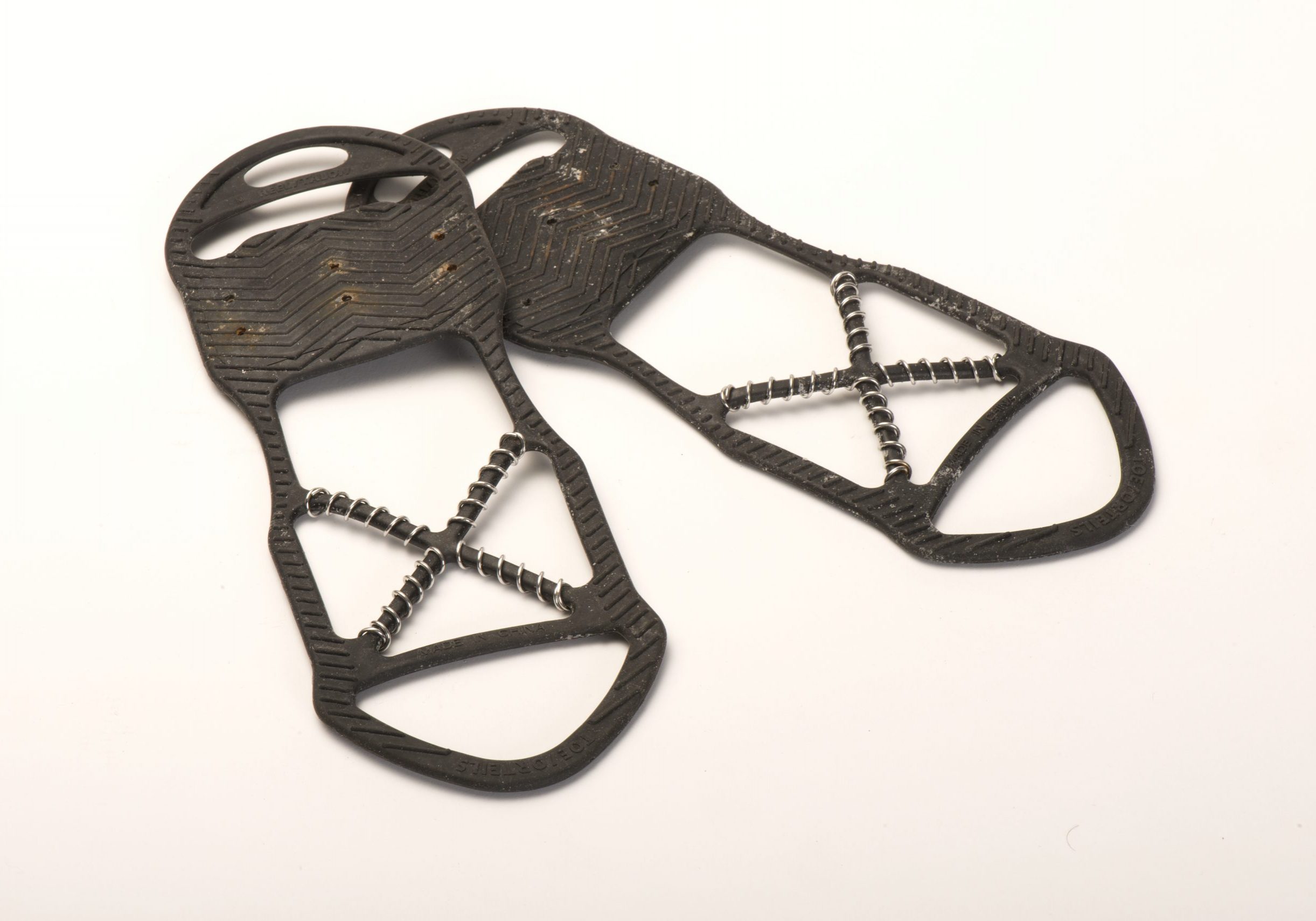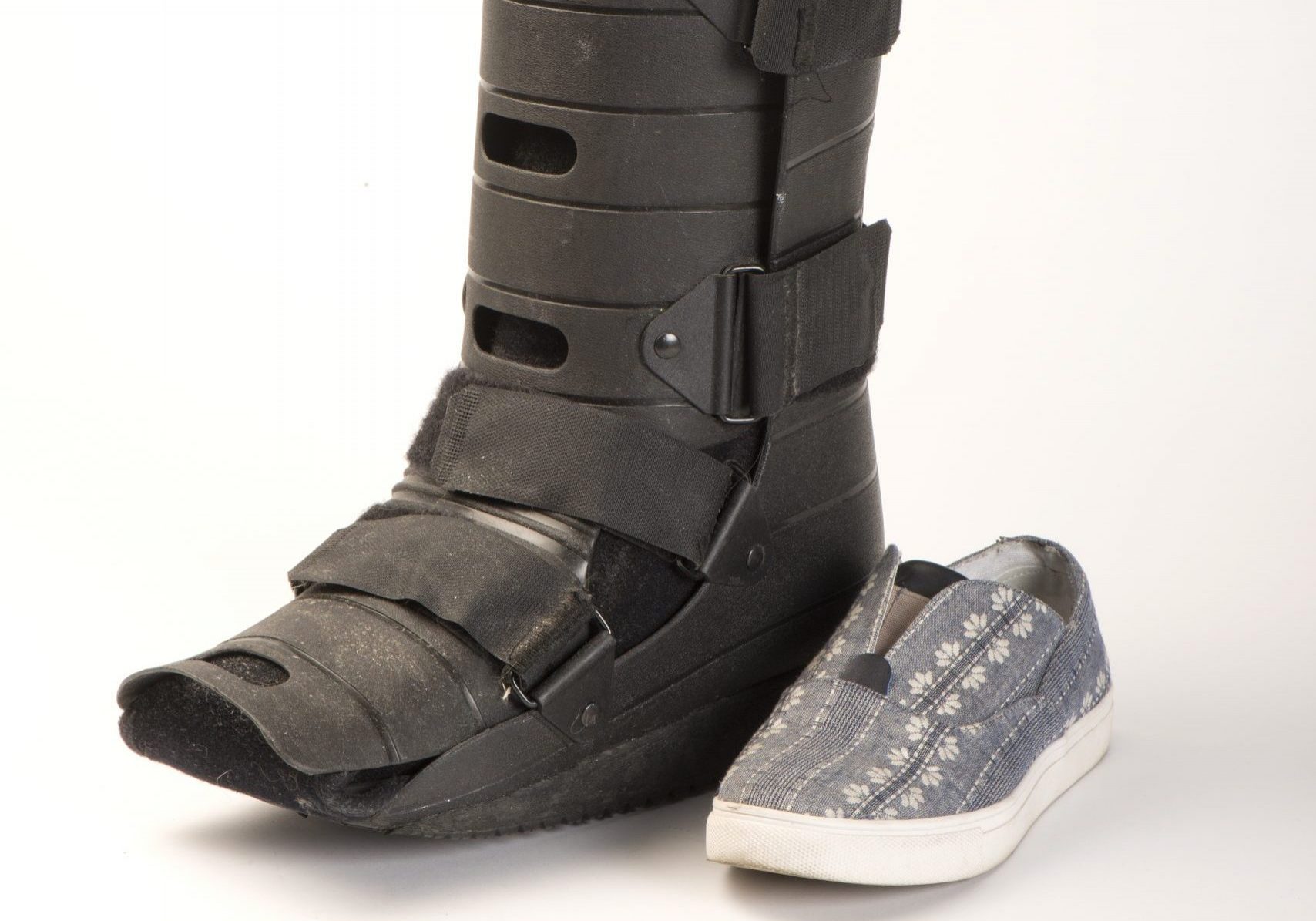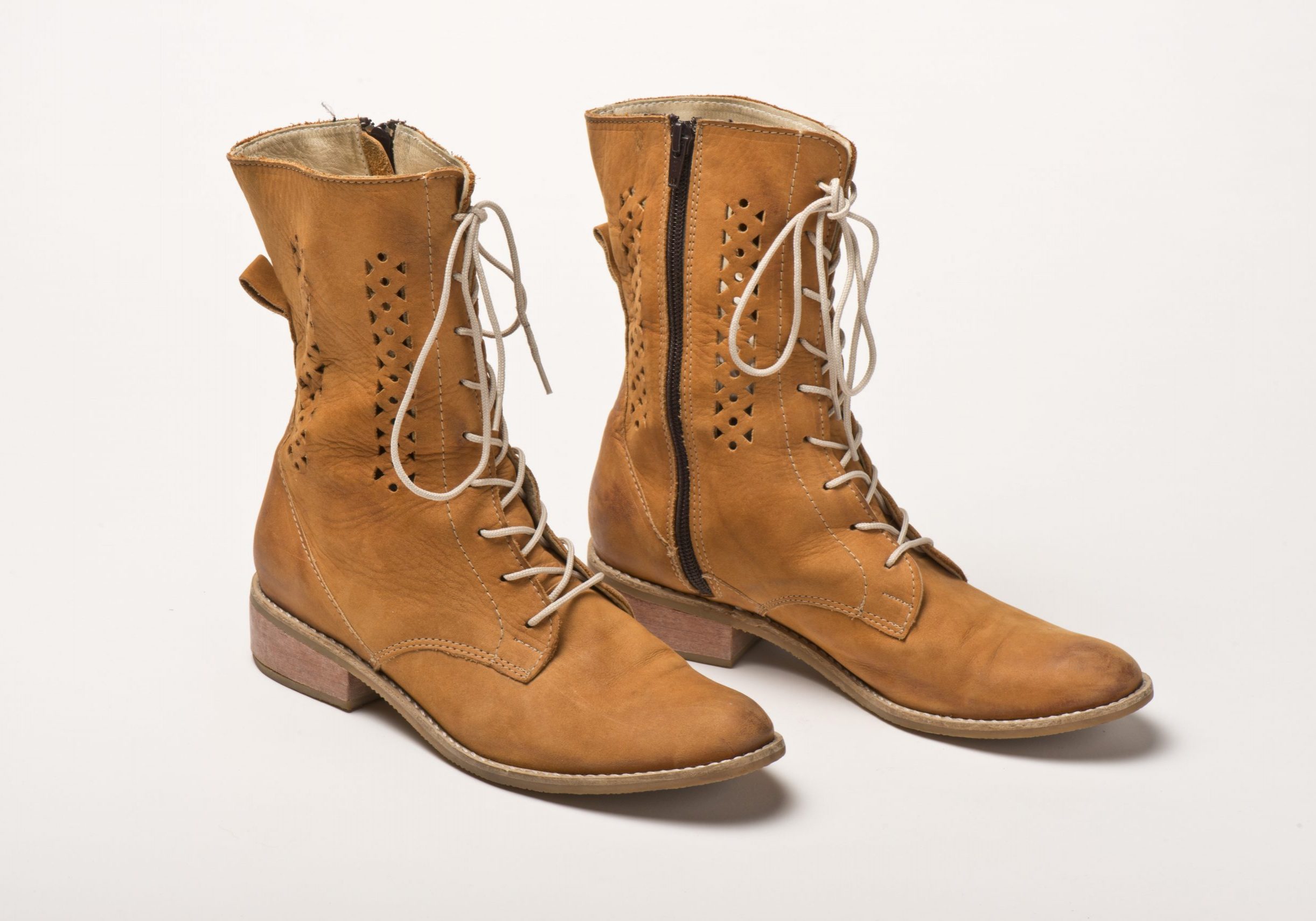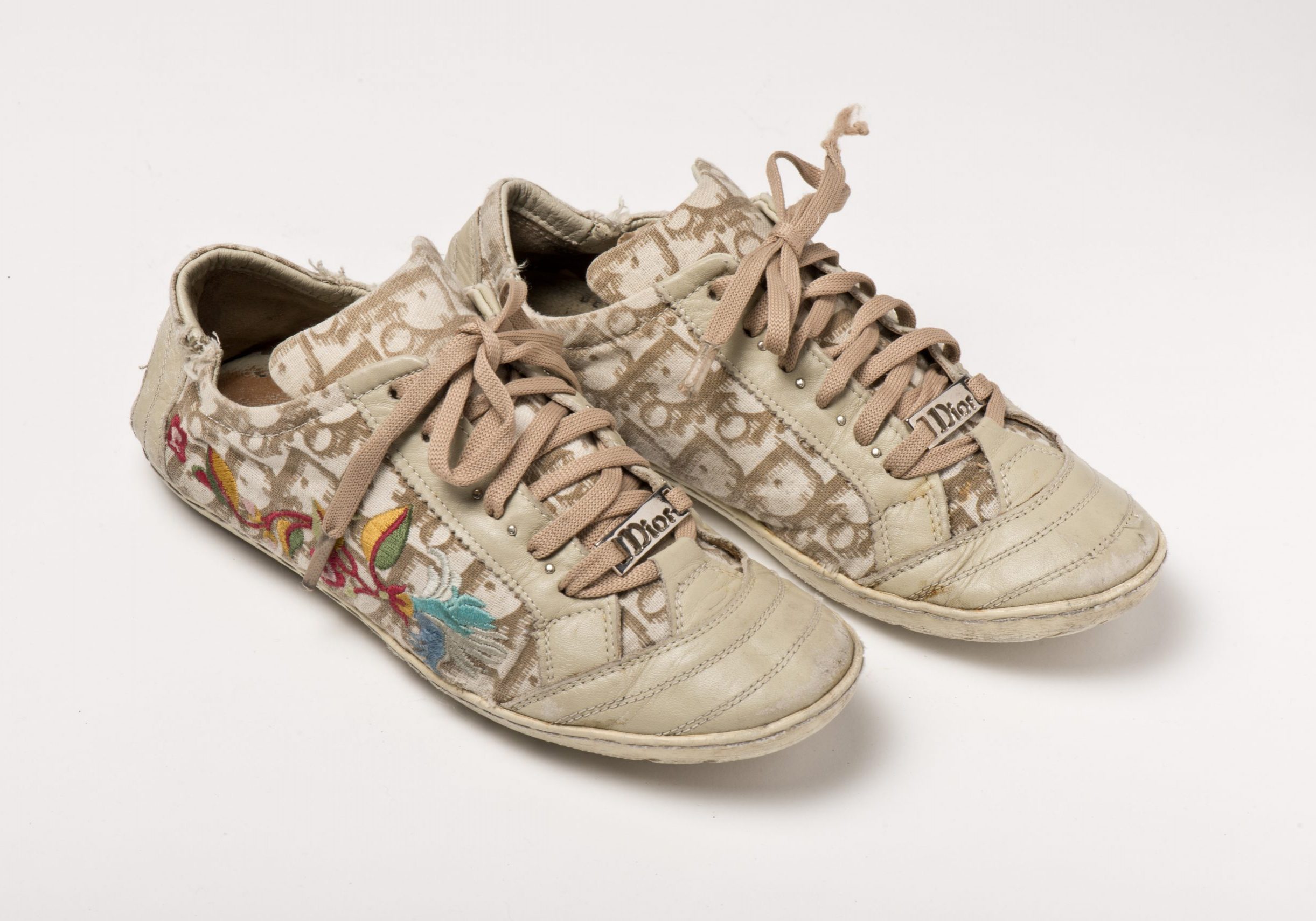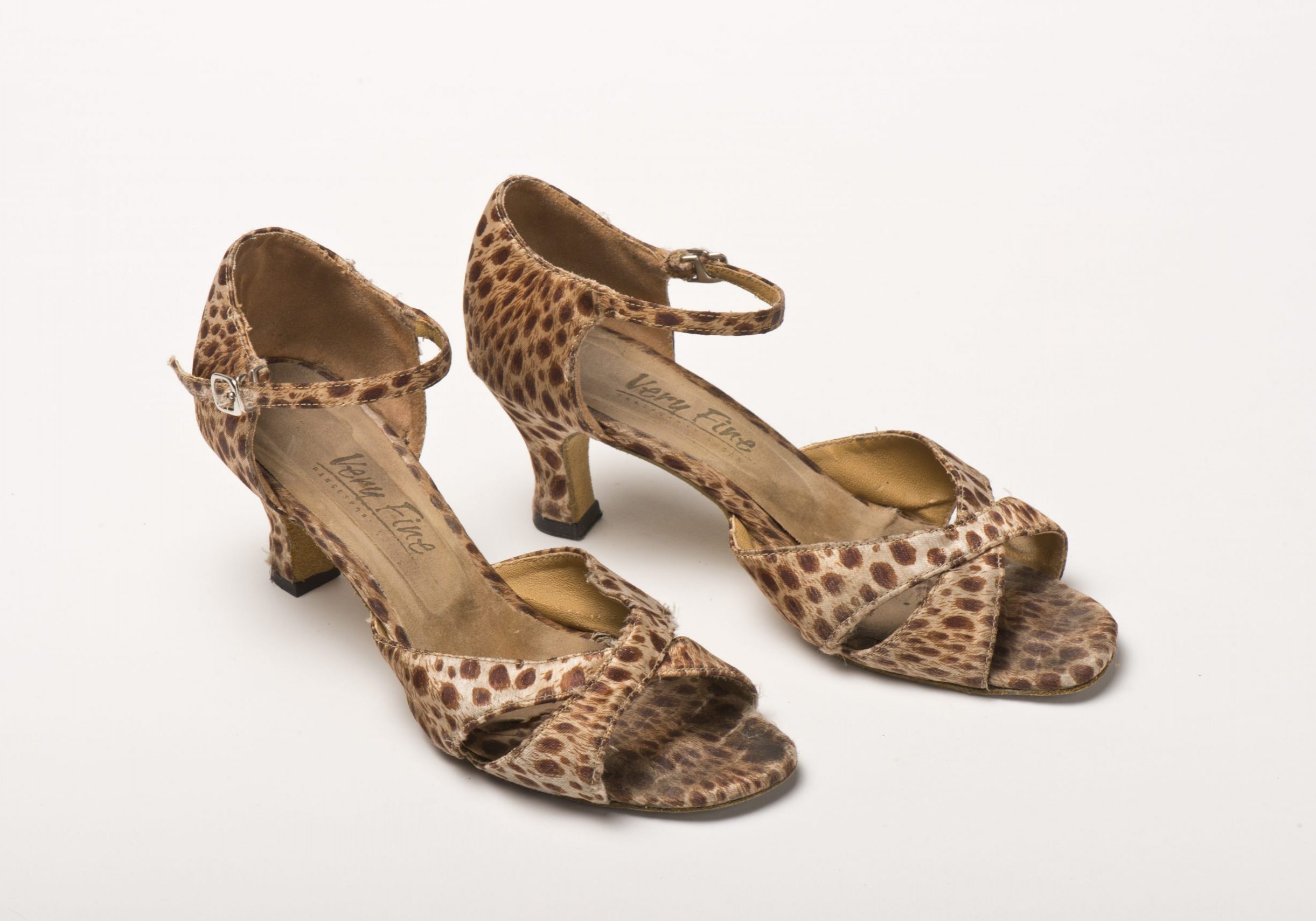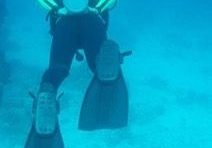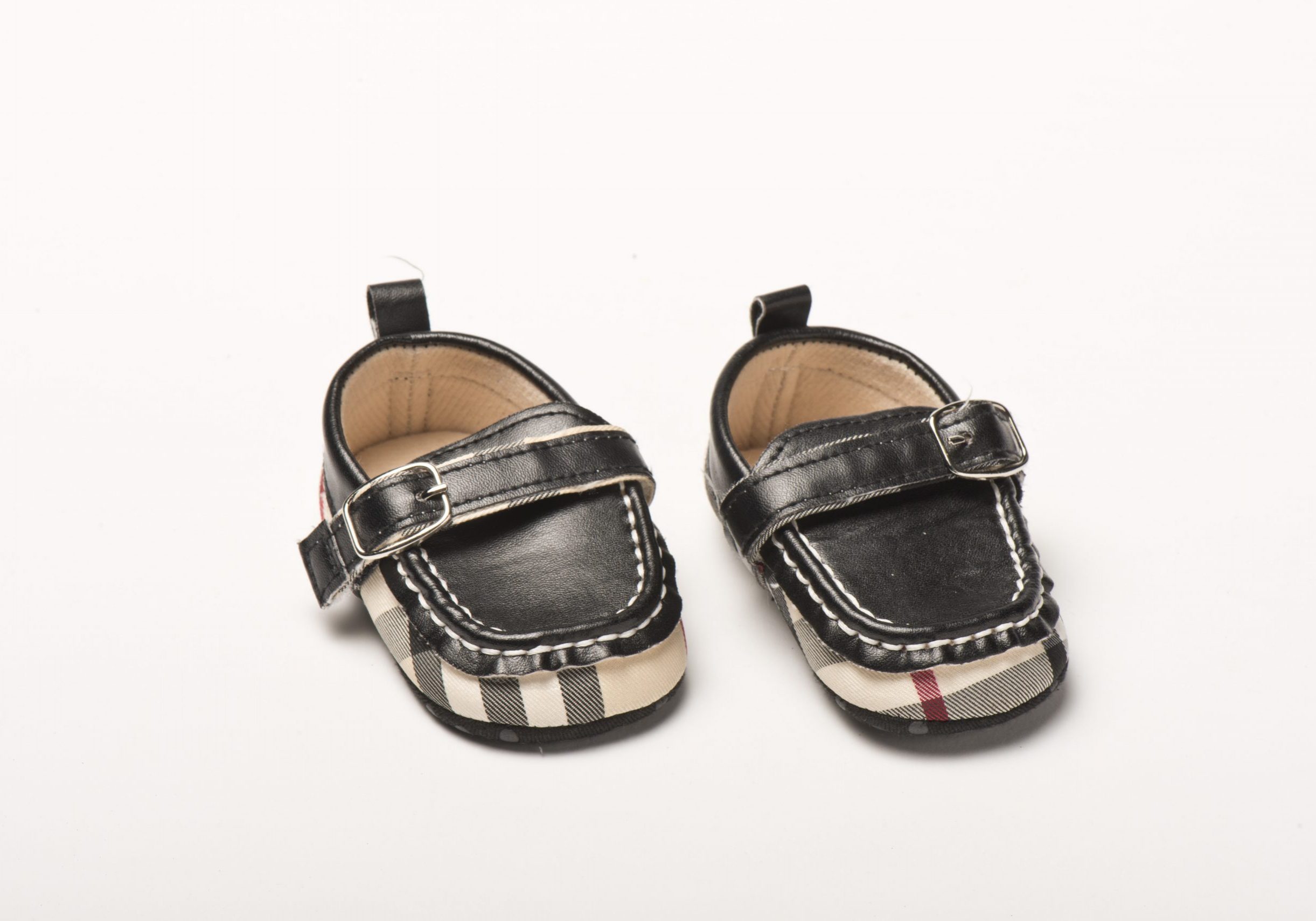To Abbu
Samia Hossain
Summary:
This is a story about how I lost my father in a brutal massacre and how I got back to my feet again, keeping his memory alive with a simple pair of boots. This is a story about how much injustice the world endures in some places while faking peace and prosperity in others.
Story:
We had a fairy-tale family. You know the ones who always gather around the dining table, talk too much—too loudly, and then love like they are dying tomorrow? Not that our family never fought, but in the end, it always seemed as though we “lived happily ever after.” This story starts just like that.
Abbu, or Baba—is the Bengali for father. It was always a fun game asking Abbu our age or which grade we are in. He could never remember. Every afternoon, the bell would ring, and we would rush to the door. Moments later, my sister and I are hanging from Abbu’s shoulders, and his feet are locked by our baby brother because he is hanging on there, too.
Abbu was a doctor in the Bangladesh Army. Since childhood, my aim was simple, to join the forces and wear the big black combat boots. I felt so rebellious, strong and happy wearing them. For Abbu, they were knee-high; for me, they almost went up to my thighs.
By the time I started university, my goal had changed from army to architecture. In the meantime, Abbu was posted to the border security forces in Dhaka, and the family moved to our new home in the secured compound.
We’d been there for a year when the forces held its annual meeting with officers from all over the country. That night I stayed over with a friend who lived just outside the compound.
The next morning, I awoke to find my phone loaded with missed calls. Two were from Abbu, but he always called me a lot. Mom, on the other hand, only called when it was important. I called her back, and that was when the fairy-tale flipped.
“Don’t come home,” she said and then suddenly hung up. It took me a moment to understand what she was saying. I got the next call couple of minutes later. Mom told me, two bullets came right through our bedroom window. She could see our neighbours’ houses were on fire. My brother was so traumatized that he was hiding in the corridor.
On this very mundane morning, the 25th of February, 2009, terrorists took control of the compound with all the soldiers and families within it. Ma and my little brother were trapped inside, and Abbu was missing. I tried over and over to call him, but I couldn’t get through. At times I could reach Ma, but then the connection would fail. My sister called: she’d heard the news and was on her way home.
Emergency is declared in Dhaka. I am scarcely 250 meters away from home, watching the militia patrol the roof of the building next door. Sixteen hours have passed. I can’t stand it. Finally, at 2 am I sneak out of my friend’s house and go to the compound gate that I pass every day. There are masked terrorist guards inside the gate, and outside, army soldiers are in position, ready to fight them.
I stand there the rest of the night watching them, talking to my mom and my brother. At six o’clock in the morning, she says, “They are taking us, I don’t know where.” I get mad. I run to the gate, and I start shaking it. The soldiers are yelling at me to get to a safe place. Inside are the heavily armed terrorist guards. They just stare at me with dead eyes. By the time my sister arrives, I’d lost the phone connection with Mom. We hold each other’s hands and stand by the gate.
In the afternoon, they decided to release the families. We understood the meaning of the word ‘relief’ when we saw our Mom and brother walking towards us. Part of me was not so worried about my dad because I knew the soldiers loved him. I believed if soldiers found him, they would save him like they saved Mom.
We got the call three days later. By then, everybody knew about the massacre that happened inside. Seventy-four people went missing that day. Abbu was left in one of the three mass graves. Nobody could identify who was who. I went into the morgue; signs of brutality were everywhere. My uncle took me to a body and kept asking me, is this Dad, is this Dad. The mind works in mysterious ways. I remember every detail of the day. I just cannot remember what the body looked like. I could smell the intense odour of the morgue, which I will have to bear for the rest of my days. And then, I remembered the boots. My favourite black combat boots.
My father was left barefooted. His trousers were tucked up to his ankle. He used to do this before prayers. Later, a forensic report said he survived at least thirty minutes after the shooting. I assume it was the time he tried to make those calls I never returned.
My father always had three things in his pocket. His comb, his tupi and the handkerchiefs I bought for him. He never used any other handkerchief. It was our ‘thing.’ What else can identify more specifically, that this was my Abbu.
Abbu,
At the moment I lost you, another story of struggle began. It left an enormous void in my whole being. But I did not know then that I would learn to fill this void again. Your last boots were never found. I got my own combat boots to remind me how I used to feel wearing yours in my childhood, strong and happy.
Sending you love,
Your Samia.
SAMIA HOSSAIN was born and raised in Bangladesh. She is a trained architect and works in the furniture design industry in Canada. She likes to read, write, and travel. She is currently living in Toronto with her daughter.
Read Other Stories from this Author
Leaving in Eight Hours
Samia Hossain buys a pair of flip-flops in Dhaka. They will take her and the baby she is expecting to Canada, where her husband...
